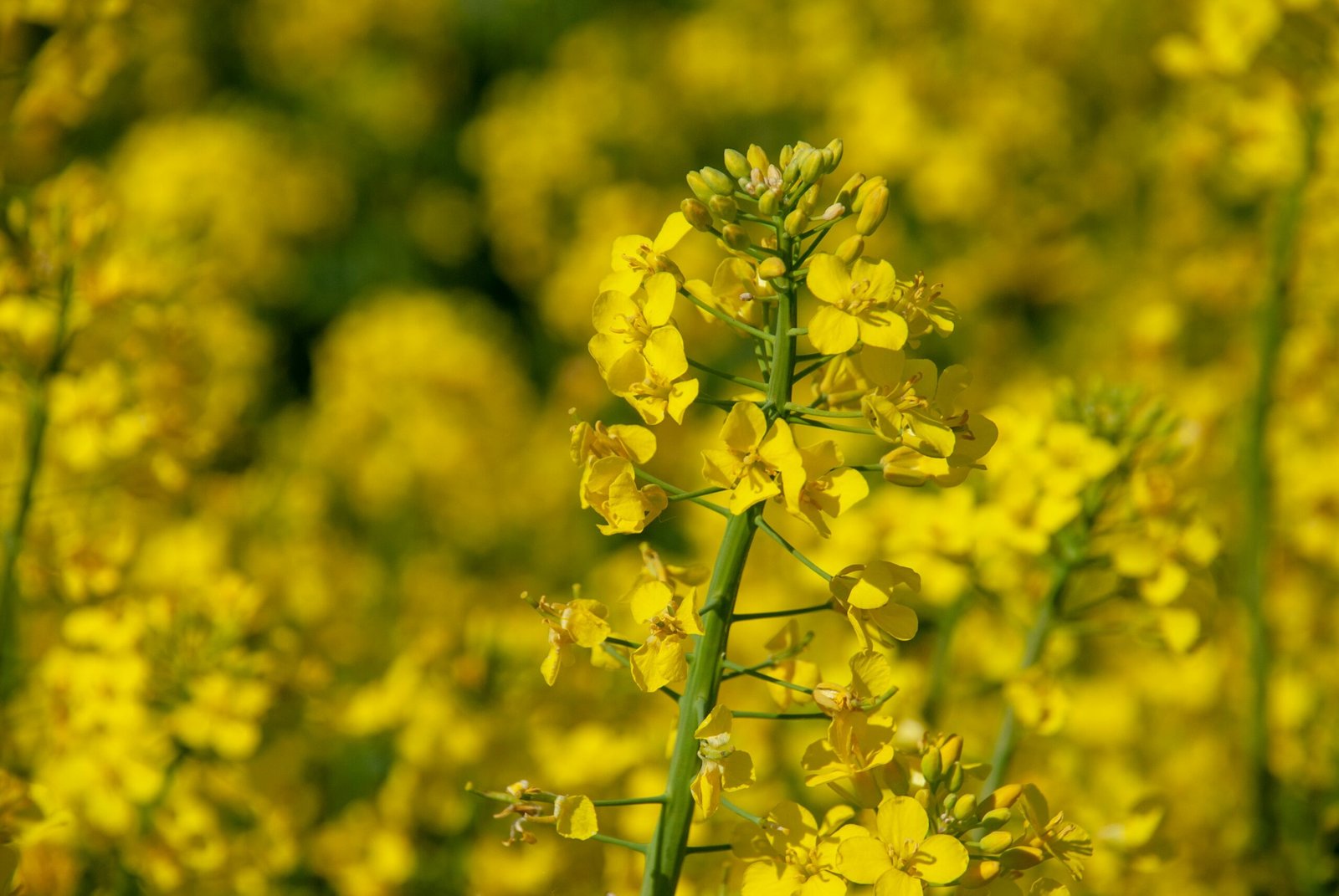About Canola Oil
Canola oil is a popular cooking oil that is derived from the seeds of the canola plant, scientifically known as Brassica napus. It is known for its light flavor, high smoking point, and numerous health benefits. Canola oil is widely used in various culinary applications, including frying, baking, and salad dressings.
Production Process
The production process of canola oil involves several steps to ensure its quality and purity:
1. Seed Extraction
The first step in the production process is the extraction of canola seeds from the plant. The seeds are carefully harvested and cleaned to remove any impurities.
2. Seed Cleaning and Conditioning
Once the seeds are extracted, they undergo a thorough cleaning process to remove any dirt, debris, or foreign materials. After cleaning, the seeds are conditioned to optimize their moisture content for further processing.
3. Seed Crushing and Oil Extraction
The cleaned and conditioned canola seeds are then crushed to extract the oil. The crushing process involves applying pressure to the seeds to release the oil, which is then separated from the solid components.
4. Refining and Filtration
The extracted canola oil goes through a refining process to remove any impurities and improve its clarity and taste. This process includes filtration, degumming, neutralization, bleaching, and deodorization to ensure the oil meets the highest quality standards.
5. Packaging and Distribution
After the refining process, the canola oil is packaged into bottles or containers and prepared for distribution. It is then transported to retailers, where it is made available for consumers.
Canola oil is a versatile and healthy cooking oil that undergoes a careful production process to ensure its quality and purity. Its light flavor and high smoking point make it a popular choice among home cooks and professional chefs alike.

